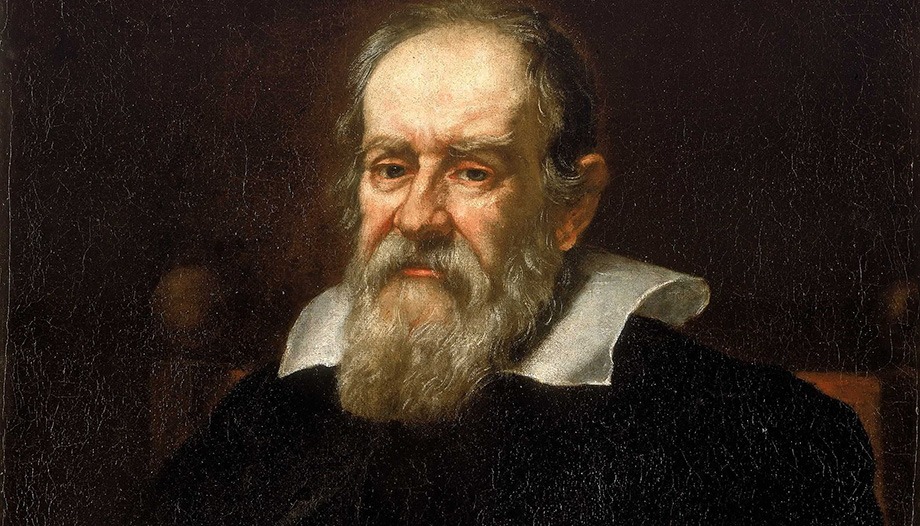It has been heard that science and faith cannot share a common place, since the sciences are "the certain knowledge of things by their causes," according to the Aristotelian view.
On the other hand, faith, the truth of which is revealed, or, as it indicates that Catechism of the Catholic Church (CCC), is that which comprises an adherence of the intelligence and will to the Revelation that God has made of himself through his works and words.
However, throughout the history of science there were scientists who presented themselves as convinced Christians, such as Copernicus, KeplerNewton and Galileo himself.
Thanks to theological thinking, as the expert Mariano Artigas points out, they obtained a path suitable for the realization of "systematic works that led to the consolidation of the experimental method".
Galileo has around him a series of theories that many confused scientists or those who do not know the story, have decided to tell, so that he is a martyr of science oppressed and killed by the Holy Church.
Galileo and the Inquisition
The truth is that Galileo was not killed by the Inquisition Tribunal. In 1610, Galileo was convinced of the theory of the heliocentric system, which he defended without having foundations; however, the problem does not lie in the belief that the sun is the center of the universe, but in the biblical interpretations he made based on that theory.
In the book of Joshua (10:12-13), it indicates that he requests Yahweh that the sun and the moon stand still. This indicated that the earth remained still, while the sun and the moon were the ones revolving around it. The heliocentric theory clearly contradicted this.
Galileo reveals this truth, which he does not substantiate, and the Holy Office, which at that time was not open to interpretations that did not come from theologians endorsed by them, admonishes Galileo and orders him not to propagate this thought again, since it could cause confusion.
For 16 years Galileo remains silent; however, in 1632 he publishes his work Dialogue on the two great world systems, the Ptolemaic and the Copernican..
In this one the figure of Pope Urban VIII is humiliated, since he is represented as the character who disagrees with Copernicus' theory and always loses the discussions.
In this year Galileo is accused of failing to keep his promise and pleads before the court in Rome.
He was sentenced to prison and forced abjuration. His time in prison was spent in various palaces of his friends in Tuscany and Florence.
He died of illness, but it is clear that in life he received all kinds of attention.
Ultimately, Galileo is not killed or tortured in any way. He remained faithful to his belief and faith. Thanks to his case, the Second Vatican Council deplored the trial of Galileo, in the Constitution on the Church and the Modern World, stating that: "in this regard, certain attitudes are to be deplored which, not understanding well the meaning of the legitimate autonomy of science, have sometimes occurred among Christians themselves; attitudes which, followed by bitter polemics, have led many to establish an opposition between science and faith" as Mariano Artigas recalls.
Similarly, Pope John Paul II deplored the process in a famous speech of November 10, 1979, noting that the scientific and Catholic Galileo objectively taught a remarkable harmony between science and faith.
This harmony was one of the main drivers of the scientific creativity of the great pioneers of modern science, including Galileo.








